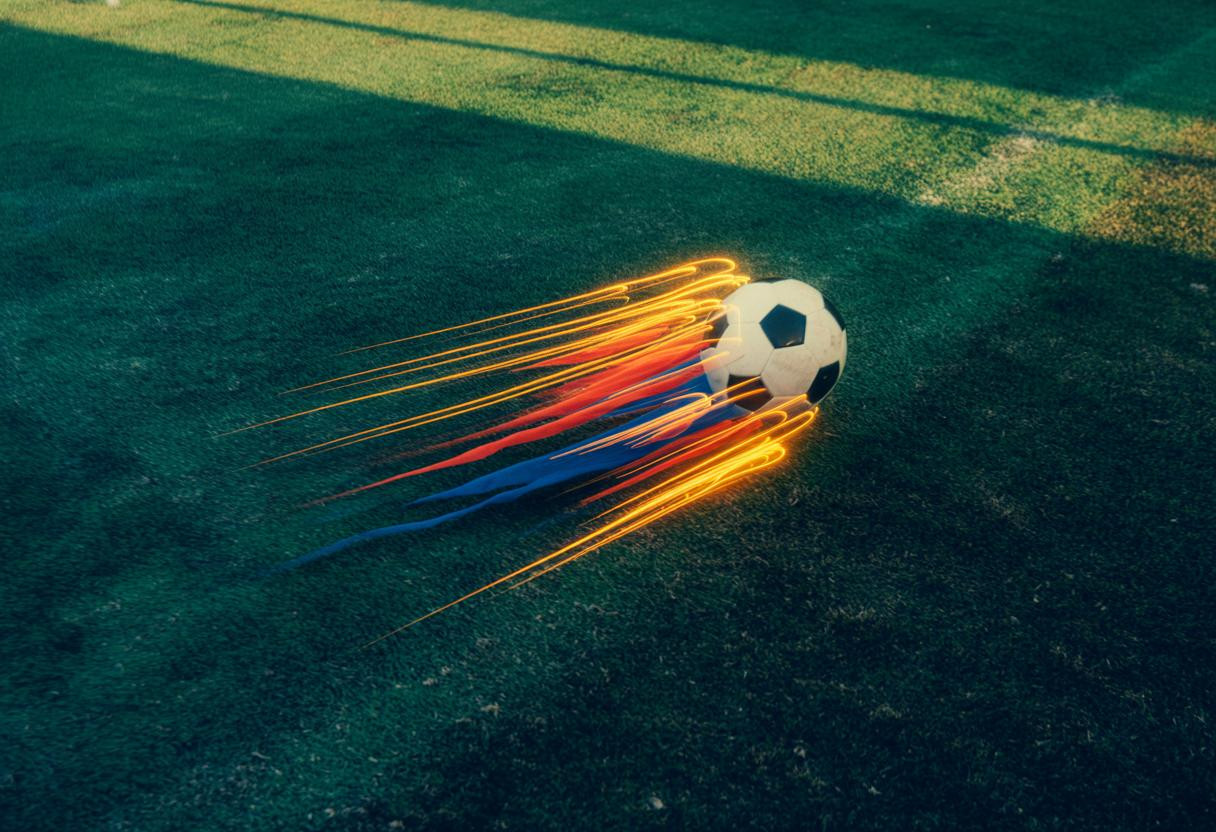Paris Saint-Germain’s transformation after Kylian Mbappé’s departure has shocked football analysts worldwide, with the team achieving their highest-ever Champions League scoring rate of 18.6 shots per game this season. Rather than crumbling without their superstar, PSG has evolved into a more cohesive, tactically disciplined unit that’s rewriting the playbook on team success.
The tactical revolution that changed everything
Luis Enrique’s appointment marked a seismic shift from star-dependent football to collective accountability. The Spanish manager dismantled PSG’s previous approach, implementing a dynamic 2-3-5 formation that emphasizes relentless pressing and positional fluidity.
This transformation mirrors how successful organizations handle major changes. Just as strategic transformations that turn setbacks into competitive advantages can revolutionize entire industries, PSG’s systematic approach has created unexpected strengths from apparent weakness.
The team now makes five more tackles per game compared to the 2022-23 season, with players like Ousmane Dembélé contributing defensively while maintaining offensive threat. Wing-backs Hakimi and Mendes stretch defenses, while the midfield trio of Vitinha, Neves, and Ruiz controls transitions with surgical precision.
Performance metrics reveal stunning improvements
Offensive efficiency reaches new heights
PSG’s attacking output has reached record-breaking levels without their former talisman. They’ve scored 33 Champions League goals this season, surpassing all previous club records. Dembélé’s shot conversion rate improved dramatically from 13.5% to 26.7%, showcasing how tactical discipline enhances individual performance.
The team’s possession dynamics have evolved from quick transitions to controlled build-up play, starting from deep midfield positions and utilizing wing-back overlaps to systematically dismantle opponent defenses.
Defensive solidarity transforms team identity
The pressing intensity surge represents PSG’s most significant tactical evolution. Coordinated triggers force turnovers, with midfielders like João Neves averaging 2.3 tackles per Champions League game. This innovative solution dramatically improves efficiency by creating more scoring opportunities through defensive actions.
Psychological shifts unlock hidden potential
Enrique’s confrontational coaching style replaced the player-driven environment with systematic accountability. Training sessions became more demanding, with fewer privileges for star players and greater emphasis on collective responsibility.
Team chemistry improved dramatically as players bought into the tactical framework. Dembélé exemplified this mindset shift, stating: “We have the ambition to win this trophy” while emphasizing team goals over individual accolades.
Managing this intense tactical pressure requires mental resilience techniques. Teams facing similar high-pressure situations often benefit from mental techniques that help teams handle pressure situations, which become crucial for sustaining demanding tactical systems.
Long-term implications challenge conventional wisdom
PSG’s 2025 Champions League final appearance validates Enrique’s blueprint, suggesting that tactical cohesion trumps individual brilliance in modern football. The sustainable model reduces overreliance on aging superstars while promoting youth integration through players like Bradley Barcola.
However, challenges remain. Over-dependence on Dembélé and Hakimi could expose vulnerabilities during injuries, while opponents may adapt to counter PSG’s high-pressing approach with direct play strategies.
The counterintuitive truth about team success
PSG’s post-Mbappé evolution demonstrates that losing a superstar can catalyze systematic improvement. The shift from individual moments to collective excellence has created a more resilient, adaptable team capable of sustained success.
This transformation proves that tactical discipline and shared accountability often deliver more consistent results than relying on individual brilliance, fundamentally changing how football clubs approach long-term competitive advantage.
